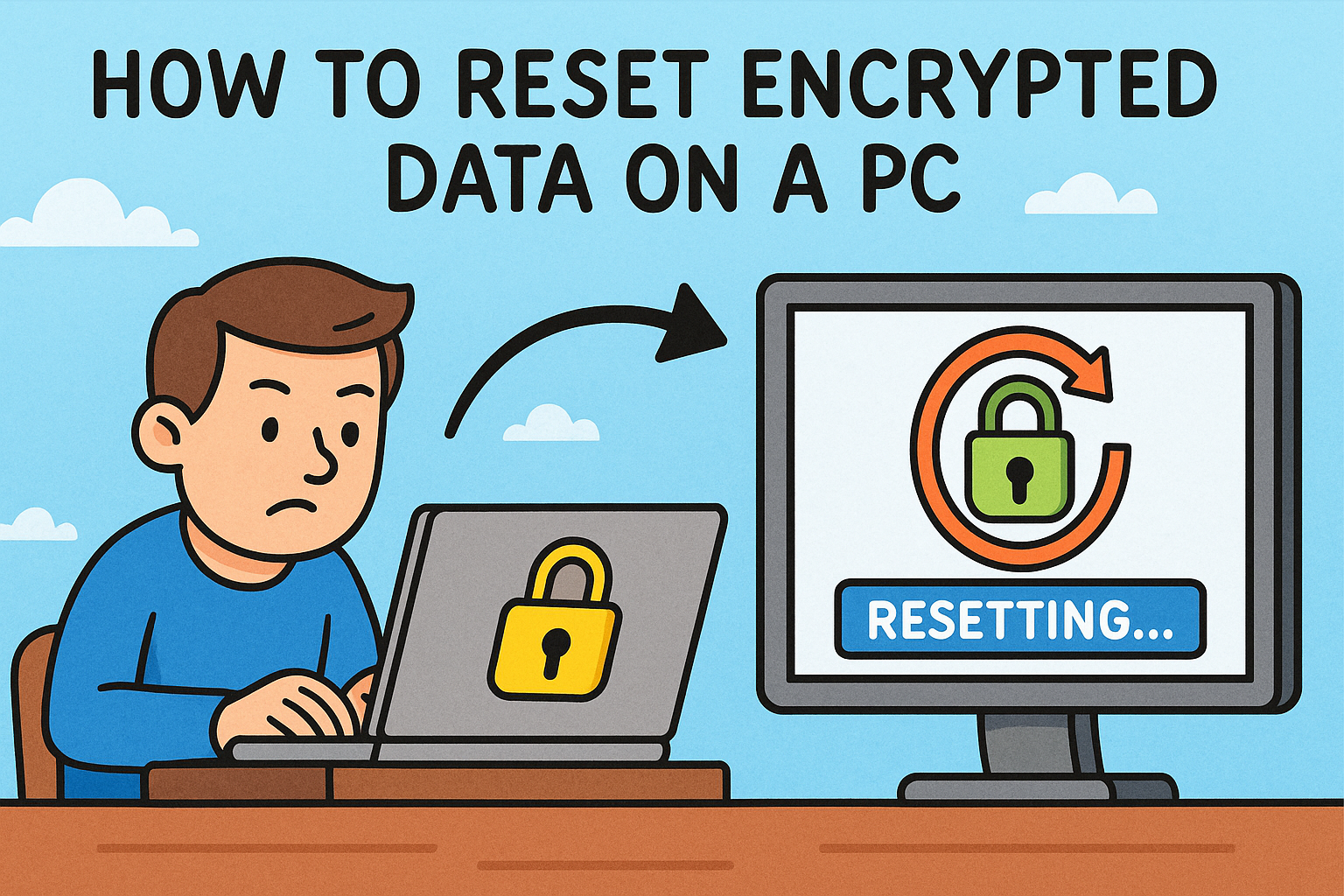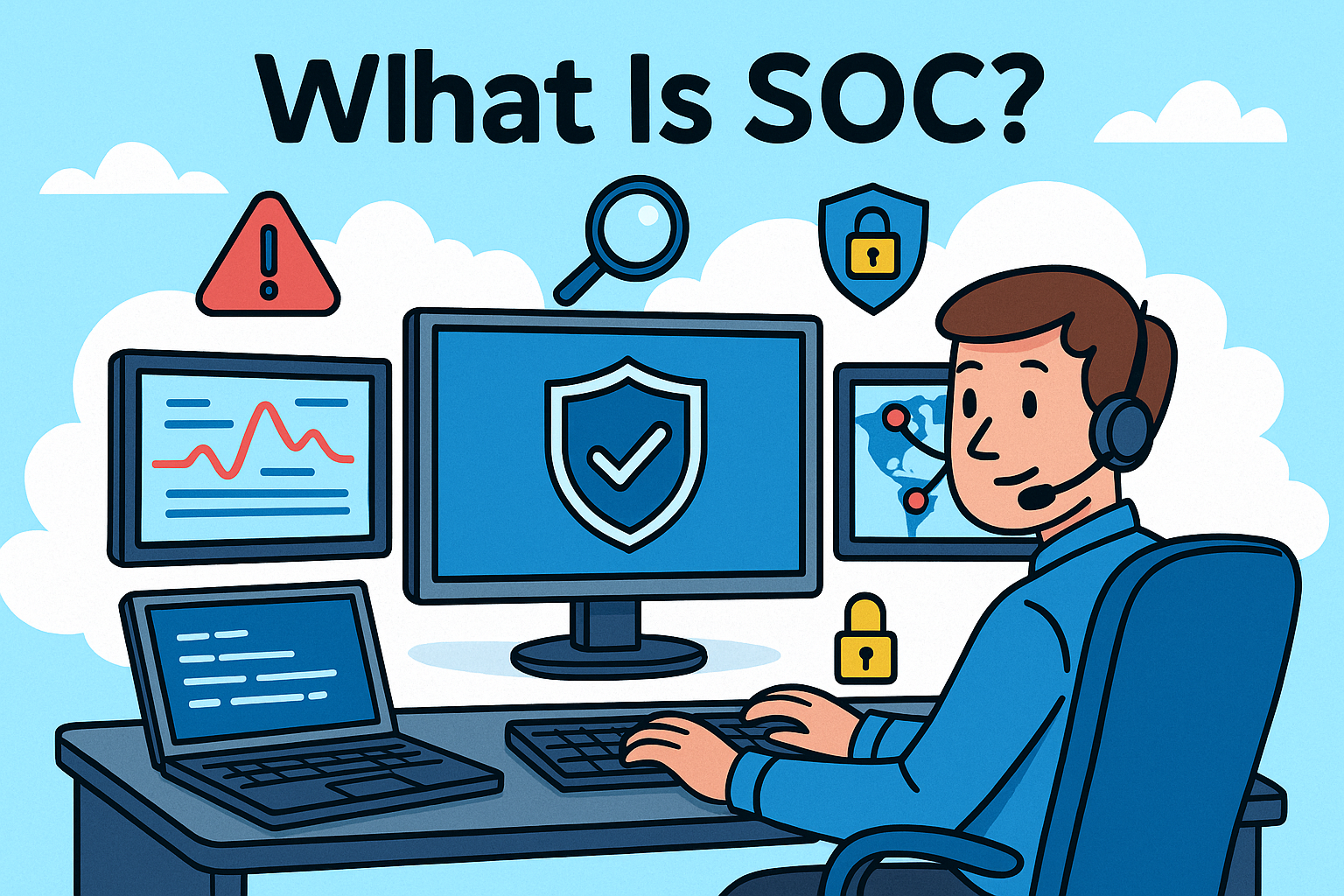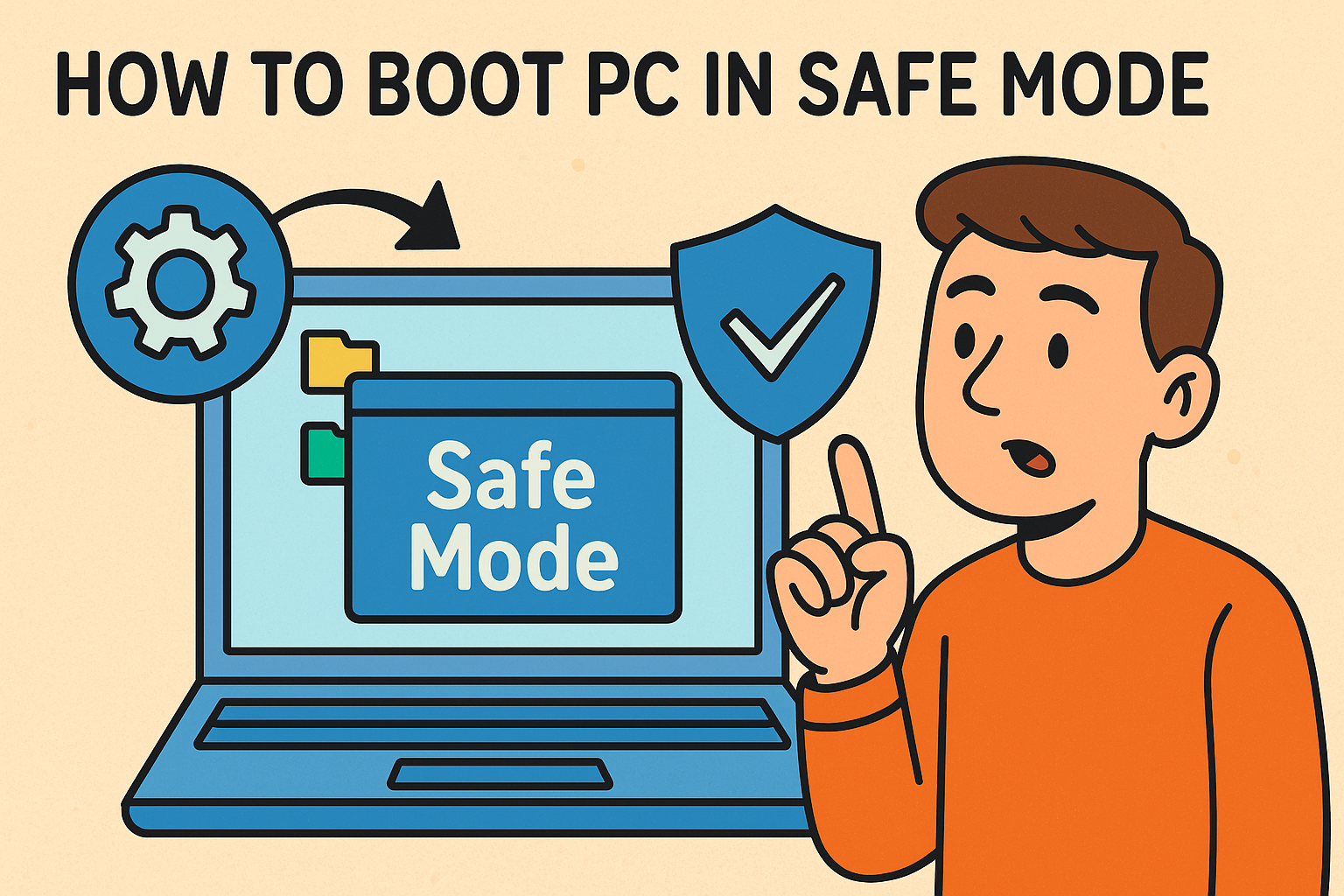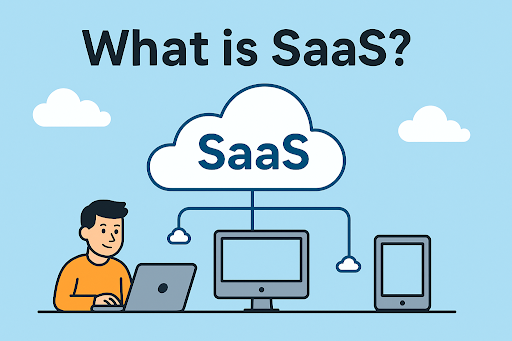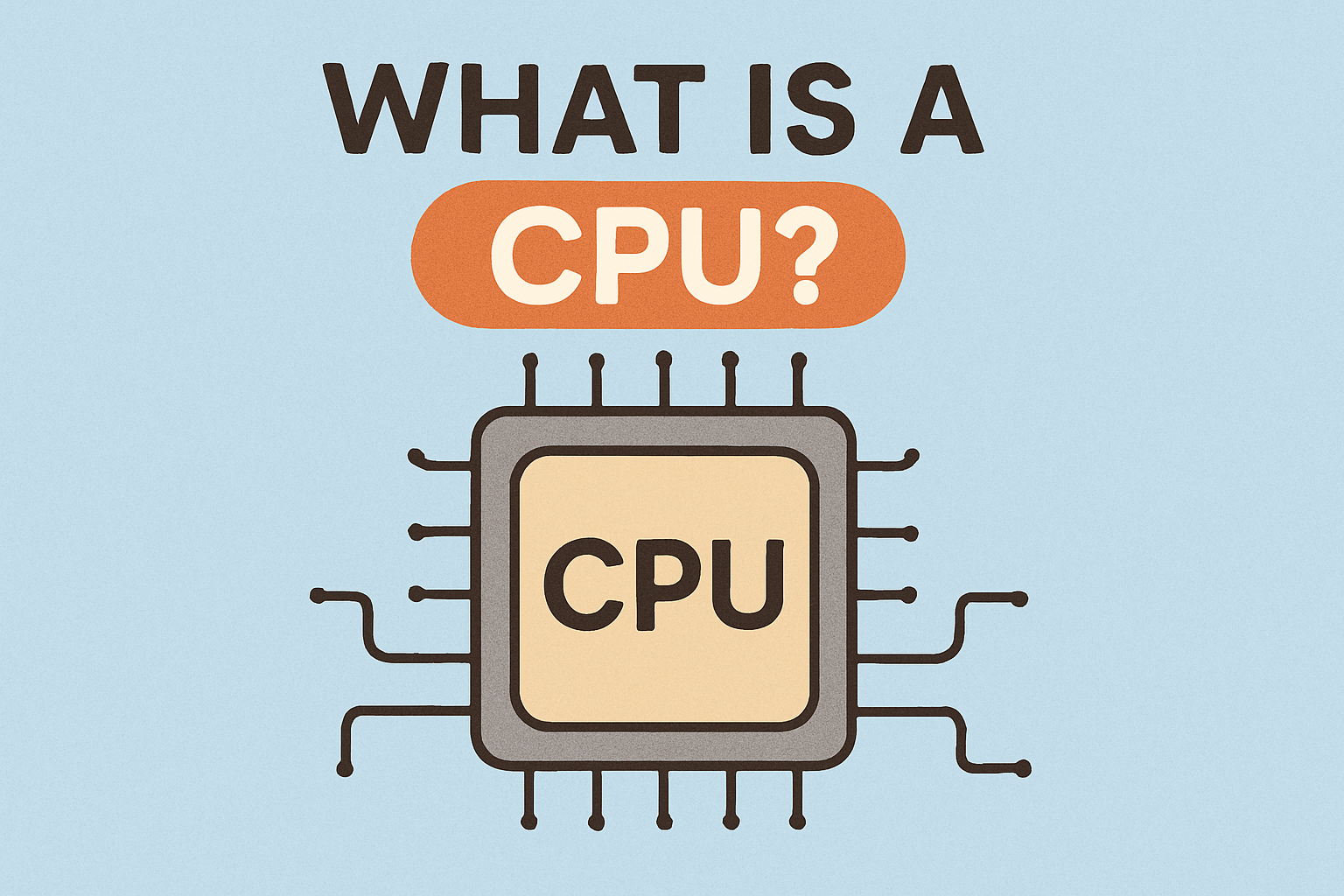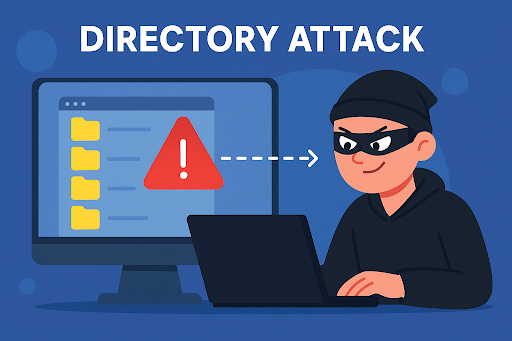The 6 Keystones Of Endpoint Security Strategy
Updated on October 11, 2022, by Xcitium

Planning is crucial for almost everything we do in our lives. The same applies for enterprise endpoint protection as well. Only a sound endpoint security strategy can lead to effective protection of your enterprise endpoints. Without such a sound strategy in place, your enterprise protection will only be in an abysmal state irrespective of how efficient the endpoint protection tool your enterprise is employing might be.
Therefore now the question is: what should be a part of the endpoint security strategy of every enterprise in order to ensure every endpoint stays secure against various evolving security threats? In this page, we contemplate this question and try to provide some answers.
1. Multiple Layers of Security: Endpoint security is not just about securing a single PC. It’s about securing an entire enterprise’s network. Therefore your endpoint security package should contain many security tools covering several aspects of network security like Device Firewalls, Internet Security, email specific tools, intrusion detection tools and so on. Only have such a group of security tools can protect enterprise networks effectively.
2. Every Device Should be Covered: Enterprise networks typically contain different types of devices which in turn may contain different OS(es) and other different software. Now you should devise your endpoint security strategy such that all these differences are addressed successfully. Simply put, come up a plan which gives equal importance to every device that exists in the market currently.
3. Data Protection: Although endpoint security does cover data protection as well, it’s worth considering this topic separately. How are you going to encrypt your data? What are you going to do to prevent data loss? What policies are you going to adopt for data access governance? How are you going to segregate your data? You should address all these questions while planning your endpoint security strategy.
4. Incident Detection/Response: Obviously your endpoint security tools are going to detect a lot of network related issues (incidents). This will include false positives as well. There’ll be so much information in hand that you’ll be flooded with them. Therefore it’s imperative to decide how are you going to handle this information. In other words, how are you going to respond to them? You should predecide these things while drafting your endpoint security strategy.
5. Incident Remediation: Detection is one thing and remediation is another. Predefine the steps your enterprise is going to take for different scenarios like simple security breach, a total network breach etc., and record them in your endpoint security strategy. Because trying to come up with solutions on the go when you’re confronted with the issue is not going to be easy.
6. User Security Awareness: Endpoint security strategy should also contain how enterprises are going to train – or educate – their employees regarding the various security measures they should be adopting in order to enhance the protection offered by the endpoint security tool they may be deploying. Because, at the end of the day, it all comes down to how users behave – because a single irresponsible act could compromise your entire network.



 (3 votes, average: 3.67 out of 5, rated)
(3 votes, average: 3.67 out of 5, rated)
